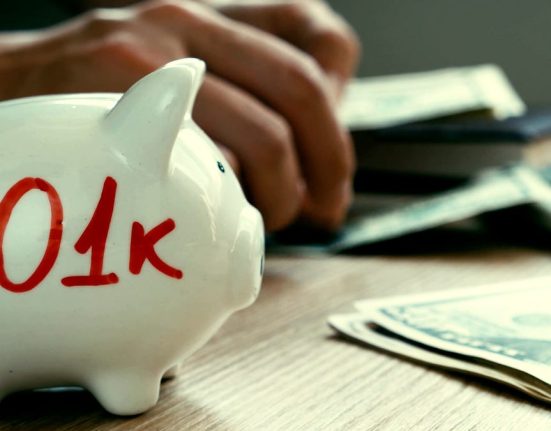As the Indian financial landscape evolves the importance of a healthy credit profile and a high credit score for securing affordable personal loans have never been cleaner.
It is crucial to acknowledge the fact that even marginal improvements in your credit score can result in substantial savings on interest payments, thus making it important for aspirational borrowers to understand and manage their credit health efficiently.
Why does credit score matter for personal loans?
Your credit score reflects your creditworthiness. It basically ranges from 300 to 900 and is provided to individuals by leading credit bureaus such as CRIF High Mark, CIBIL, Equifax among others. Lenders utilise this score to calculate and assess the risk of lending to you. That is why a high credit score matters for seamless approval of a personal loan.
A higher credit score signals to financial institutions and NBFCs that you are less likely to miss out on repayments and default, thus making you eligible for lower interest rates, premium credit cards and better personal loan terms.
Applicants who have a credit score of 750 or above are considered financially disciplined and are offered the most lucrative and highly competitive interest rates.
Amit Bansal, Founder, BharatLoan, says “Credit scores in India are primarily driven by factors such as high credit utilisation, increased reliance on BNPL, credit cards and low awareness about factors like timely repayments, multiple credit inquiries and loan tenures.”
It is these factors that cumulatively influence an individual’s credit score and their overall credit profile. Hence, financial discipline becomes indispensable to effectively manage your credit profile and keep your credit score above 750 to avail seamless credit to facilitate lower interest rates on personal loans and swift approval of premium credit cards.
Understanding credit score and its impact
| Credit Score Range | Creditworthiness | Impact on Loan Interest Rate |
|---|---|---|
| 750-900 | Excellent | Lowest interest rates; highest chances of approval |
| 700-749 | Good | Eligible for competitive rates; minor negotiations possible |
| 650-699 | Average | Moderate rates; loan may be approved with conditions |
| Below 650 | Poor or Risky | High interest rates or loan rejection |
Note: These ranges are illustrative and may vary slightly across lenders and credit bureaus.
How does credit score affect interest rates?
Interest rates have a deep relationship with credit scores. It is crucial to acknowledge because leading banks and financial institutions check credit scores carefully before allowing funds to be given to borrowers.
For example, HDFC Bank provides personal loans at rates starting from 10.90% per annum for aspirational borrowers with excellent credit, whereas those with lower credit scores could face high rates. The rates can be as high as 24% or even more.
Meanwhile, IDFC FIRST Bank loan applications begin from 9.99% for top tier applicants i.e., those that have very high credit scores but the rates climb for those who have poor credit scores and weak credit profiles.
A minor improvement in your credit score, say from 700 to 750 can move you into a lower risk bracket. This also has the potential to reduce your interest rate by 0.5% or more. Now over the lifetime of a particular loan this can translate into significant savings, especially on larger loan amounts.
Practical steps to improve your credit score
- On time repayment: Ensure that all your EMIs, credit card bills or pending loan payments are paid on time. As payment history is the most critical part of a credit score.
- Management of credit utilisation: Focus on keeping your credit card balances low relative to your credit limits to maintain a healthy credit utilisation ratio. This depicts financial control and discipline.
- Limit new credit applications: Strongly avoid applying for multiple loans, credit cards or any other kind of credit line in a short period of time. As this can negatively influence your score.
- Maintain a long credit history: Do keep older credit accounts active. Accounts such as old credit cards can positively influence your score as they signify a history of consistent repayment and management of credit lines.
Therefore, in today’s competitive market even a modest boost in your credit score can result in unlocking and opening up lower interest rates and better personal loan opportunities.
With personal loans interest rates ranging from as low as 9.99% to over 36% across numerous banks in the county, a major part of the same depends on your own credit profile. That is why optimising credit health, reading about the same, and understanding the basic concepts related to it is a smart financial move.
Disclaimer: Mint has a tie-up with fintechs for providing credit; you will need to share your information if you apply. These tie-ups do not influence our editorial content. This article only intends to educate and spread awareness about credit needs like loans, credit cards and credit scores. Mint does not promote or encourage taking credit, as it comes with a set of risks such as high interest rates, hidden charges, etc. We advise investors to discuss with certified experts before taking any credit.







